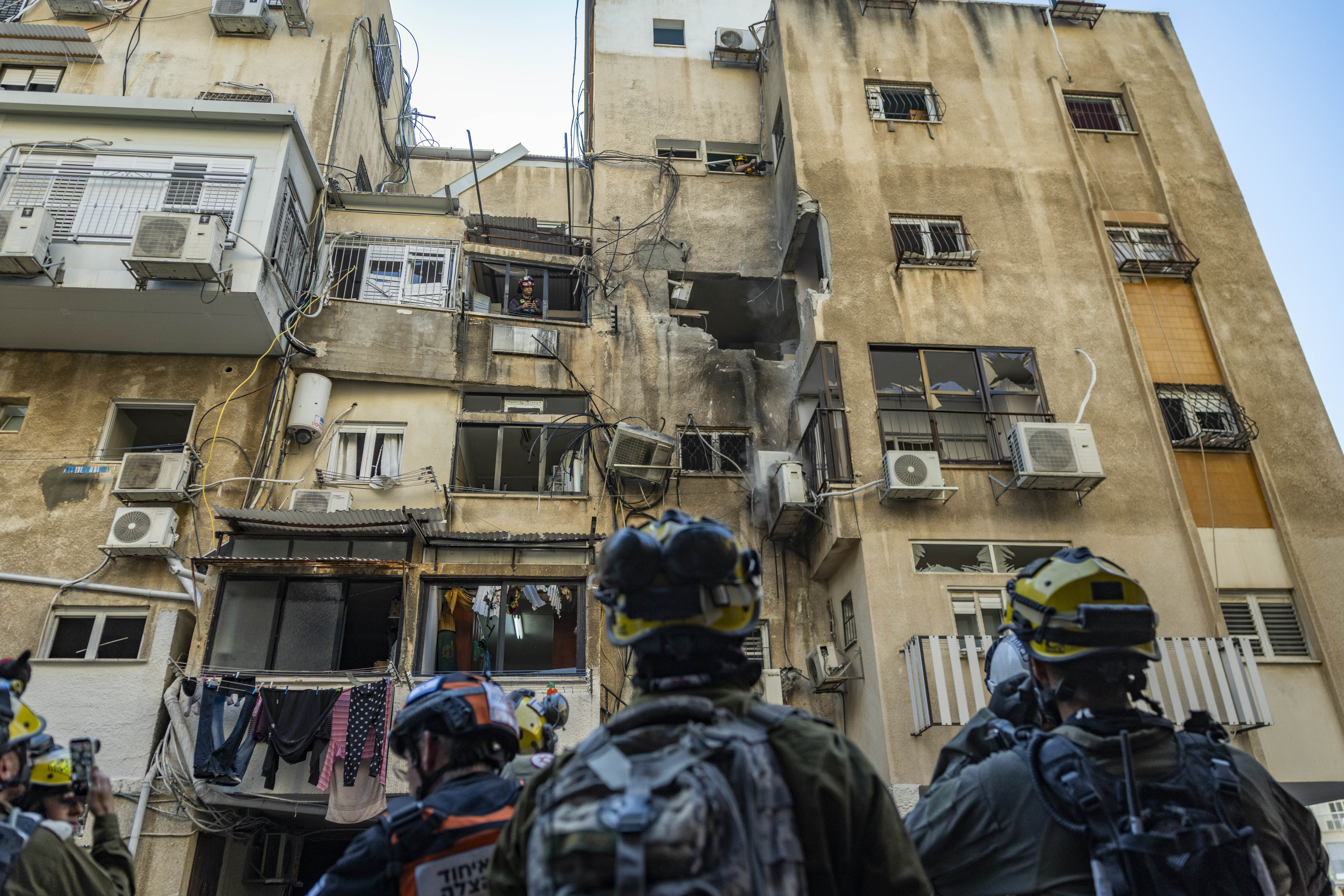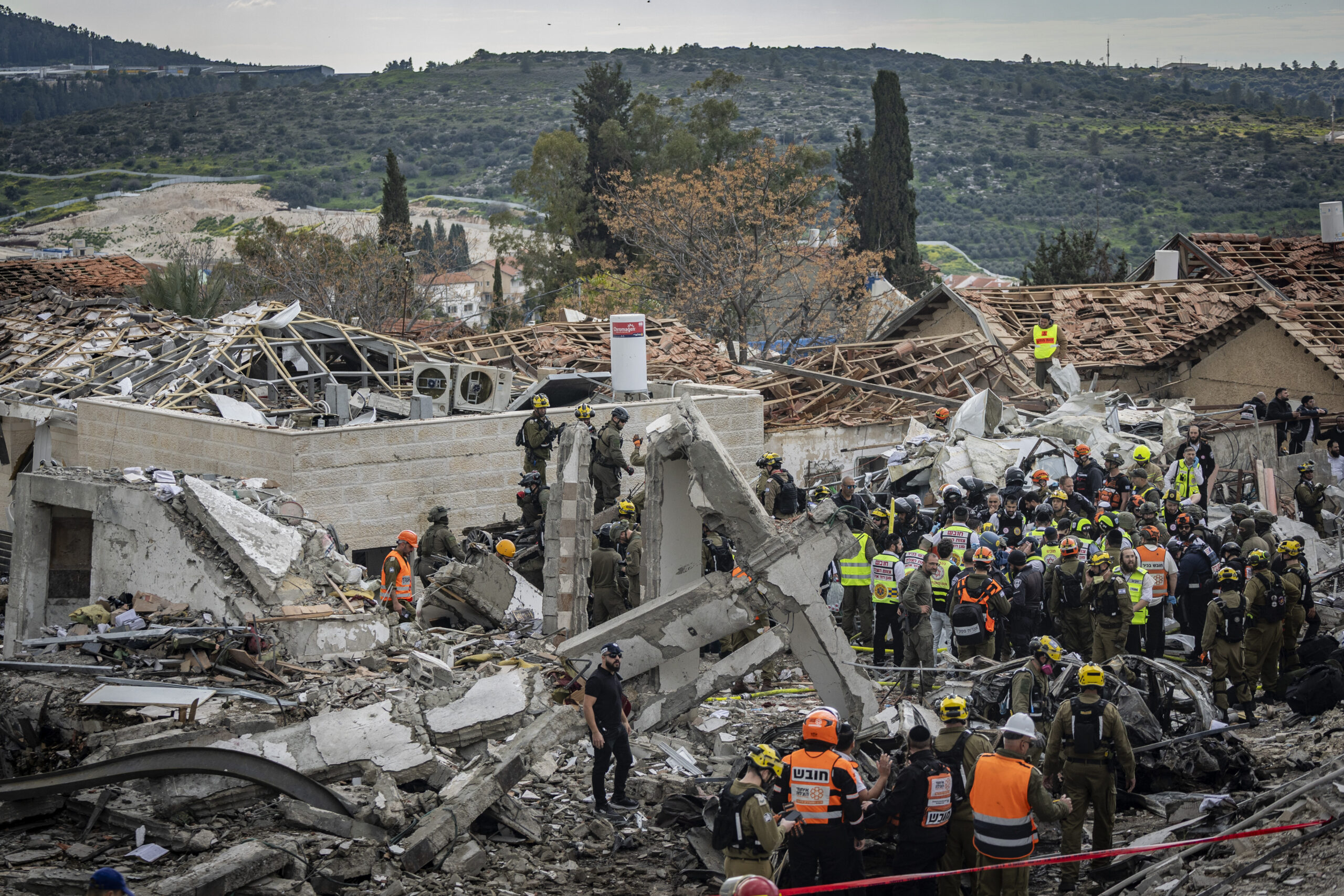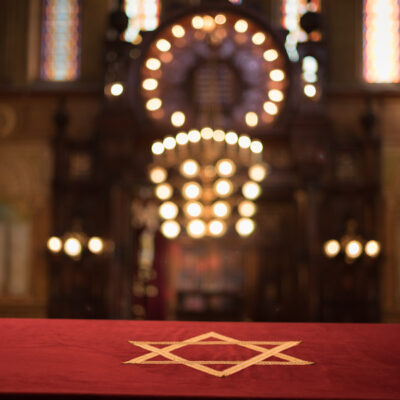Zionist Supreme Court permits slates that received fraudulent votes to serve in congress, keep valid ballots
Days before the deadline to certify the World Zionist Congress elections, the organization’s ultimate judicial authority, the Zionist Supreme Court, ruled last week against disqualifying slates as a penalty for apparently fraudulent votes and other irregularities in this year’s election, according to a copy of the ruling obtained by eJewishPhilanthropy.
The court’s decision, which was issued on Thursday, resolved conflicting rulings by the Area Election Committee, the body directly responsible for monitoring the American elections, and the American Zionist Movement Tribunal on how to address the unusually high rates of irregular votes in this year’s election, which in some slates amounted to the majority of the votes that they received.
In a statement to eJP regarding the ruling, Herbert Block, the AZM’s executive director, attributed the widespread voting irregularities to the “online nature” of the election, which might have opened the door to interference by “one or more bad actors.” Now that the appeals process has been exhausted, the AZM will soon complete its final certification of the results and allocate the mandates for the roughly 150 seats for U.S. delegates in the next World Zionist Congress, which will convene next month in Jerusalem.
In a June decision on the suspected fraud, the AEC took a firmer stance on the irregular votes — ruling that slates would lose additional mandates relative to their proportion of suspect votes, with monetary penalties issued based on an individual slate’s willingness to cooperate with an investigation. In July, most of those decisions were overturned by the tribunal, which argued that eliminating valid votes alongside problematic ones would undercut WZC voters’ democratic expression. The Zionist Supreme Court largely upheld the tribunal’s ruling on eliminating votes but upheld the fines, even increasing them in some cases.
“We accept the tribunal’s position and adopt the rule that, as a rule, there is no place to annul valid votes,” the judges wrote in their opinion, which was written in a mix of Hebrew and English. “Annulment of valid votes contradicts the fundamental principles of democracy, constitutes a disproportionate violation of the right to vote and to be elected, and even changes the election rules retroactively. Claims regarding votes ‘presumed invalid’ may be based on foreign and arbitrary political considerations, and must be avoided.”
Over 25,000 votes — more than 10% of the more than 230,000 votes cast — were annulled earlier in the summer due to a combination of suspected voter fraud and “administrative cancellations,” including repeat voting and payment methods being used at more than one address.
For six slates, invalid and fraudulent votes made up a significant proportion of their total votes, the majority of them in some cases, the ruling revealed. Until now, the AZM has refrained from releasing the specific breakdown of rejected votes by slates.
A large majority — 77.9% — of the 5,061 votes cast for Herut North America, a right-wing slate modeled after the philosophy of Revisionist Zionist Zeev Jabotinsky, were rejected. A majority of the votes cast for the Achdut Israel slate — 56% of 3,618 — and for Shas — 50.4% of 5,364 — were determined to have been fraudulently cast. Just over one-fifth of the votes for the right-wing ZOA Coalition, 20.5% of 10,704, were rejected, as were 18.2% of the 35,646 votes for the Haredi Eretz Hakodesh party and 5% of the 30,144 votes for Am Yisrael Chai. The ZOA Coalition, which received 2193 invalid votes, was the only slate to oppose the annulment of suspect votes earlier in the process, according to the ruling. (ZOA Coalition disputes this, saying that while it initially opposed annuling the votes, it ultimately agreed to do so when the matter was put up for a vote.)
The judges, who based their ruling on the findings of the investigations conducted by the AEC, noted that some slates readily cooperated with authorities when alerted to suspected fraud or improper behavior. This included Am Yisrael Chai and Herut. Though the investigators did not find evidence directly linking any of the parties to the fraudulent votes, four of them received fines for their behavior during the election and the investigations, ranging from $10,965 for ZOA Coalition to $40,544 for Eretz HaKodesh. No fines or penalties were imposed on Herut or Am Yisrael Chai, save for disqualifying the “tainted votes.” In their June 17 report, AEC investigators found that “there is no plausible connection between the improper votes and [Herut].” And the AEC noted that Am Yisrael Chai “had a more robust system of compliance and oversight than any other slate in this election.”
The court also upheld the tribunal’s rejection of the claims made by the ZOA Coalition and Eretz HaKodesh that there was a plausible explanation for the irregularities besides the “strong possibility that one or more of its supporters was responsible for the fraudulent votes.” ZOA Coalition did not immediately respond to requests for comment, but after publication sent a statement denying any connection to the fraudulent votes that it received and calling it “outrageous” that the slate was fined when investigators determined that it was not directly responsible for the votes.
The Thursday ruling addressed several complaints made about slates’ conduct throughout the election. Generally, the court ruled in favor of the tribunal, weighing the preservation of valid votes and a slate’s willingness to “cooperate” with the investigation in its decisions. However, the judges decided to uphold the removal of the Achdut Israel slate, which it noted had also used 535 “fictitious and invalid” signatures to meet the 800 required to qualify for the election in the first place.
“It is regrettable for the votes of good-faith voters that were cast for the list and were not themselves defective, but these votes were cast for a list that did not meet the preliminary eligibility requirements and therefore must be annulled,” the report said.
The Zionist Supreme Court decision also reinstated Shas USA, which had been disqualified from participating in the congress by the AEC after an investigation revealed thousands of suspect mail-in ballots for the slate. The slate will now have two seats in next month’s congress.
“The violations of election rules by Shas were especially severe. However, we adopt the Tribunal’s unanimous decision. A total annulment of valid votes is disproportionate,” the report said.
Since the end of the election, representatives of several slates have made statements expressing frustration with the handling of the suspected fraud. The Zionist Supreme Court was the final avenue for slates to make appeals about the voting irregularities.
“[I’m concerned] that there was no penalty. The tribunal didn’t see itself concerned with the reputational integrity of the institution,” Rabbi Josh Weinberg, director of the Association of Reform Zionists of America and the leader of the Vote Reform slate, told eJP. “If it were me, I would want to prove to the world that we are a transparent organization. That we run free and fair elections, and that if someone tries to commit any fraud or cheating, or anything like that, that there’s no place for that in our institutions. I understand not wanting to disenfranchise kosher votes. I don’t want to do that either.”
In an opinion piece in The Times of Israel, Roei Eisenberg, executive director of the progressive ANU slate, wrote that he feared that without deterrence, those responsible for suspected fraud will be incentivized to continue in the next election cycle, and voters might be less likely to want to participate.
“Having learned that the consequences for cheating are non-existent, the incentive for the 2030 election will be for more fraud, more rule-bending, more scandal,” he wrote. “Voter suppression happens not only when we gatekeep the ballot box, it is also a direct result of undermining voter confidence in the integrity of the election process.”
Prior to the ruling, Rabbi Rick Jacobs, president of the Union for Reform Judaism, and Rabbi Jacob Blumenthal, CEO of the Rabbinical Assembly and of the United Synagogue of Conservative Judaism, co-authored an opinion piece in eJP about their appeal to the WZC to uphold the original “accountability plan” issued by the AEC.
“It’s not enough to just say, ‘If we catch you cheating, we’ll nullify your votes.’ These penalties should not only reconcile the injustice but also deter any future cheating,” they wrote. “As a community, it’s our responsibility to hold perpetrators accountable for their actions. Failing to do so would signal that vote manipulation and fraud will be tolerated, an outcome that is anathema to our core Jewish values.”
During the election, the AEC elected not to release the names of the slates that received suspect votes. Eisenberg criticized that decision, arguing that it might have impacted voters’ decisions.
“If you were involved with the AEC, you were derelict in your duty,” Eisenberg told eJP. “This should have come out during the election, this was a material difference in the election. We’re now saying that you can’t cancel votes because you’re disenfranchising the voter, but we sat on relevant material information to the voter.”
In its ruling, the Zionist Supreme Court denounced those responsible for the fraudulent votes, saying that they undermined the integrity of the World Zionist Congress.
“This represents a call to all Zionists, from every slate and list, to preserve their ways, to demand forthright leaders, to develop public faith and to unite all Zionists of the world. We call on every slate to act with mutual respect and in accordance with Zionist values,” they wrote.
Ed. note: An earlier version of this report failed to note that no fines or penalties were imposed on Herut or Am Yisrael Chai, after AEC investigators cleared them of involvement in the fraudulent votes. After publication, the ZOA Coalition issued a statement about the ruling, which has been included.

 Add EJP on Google
Add EJP on Google















